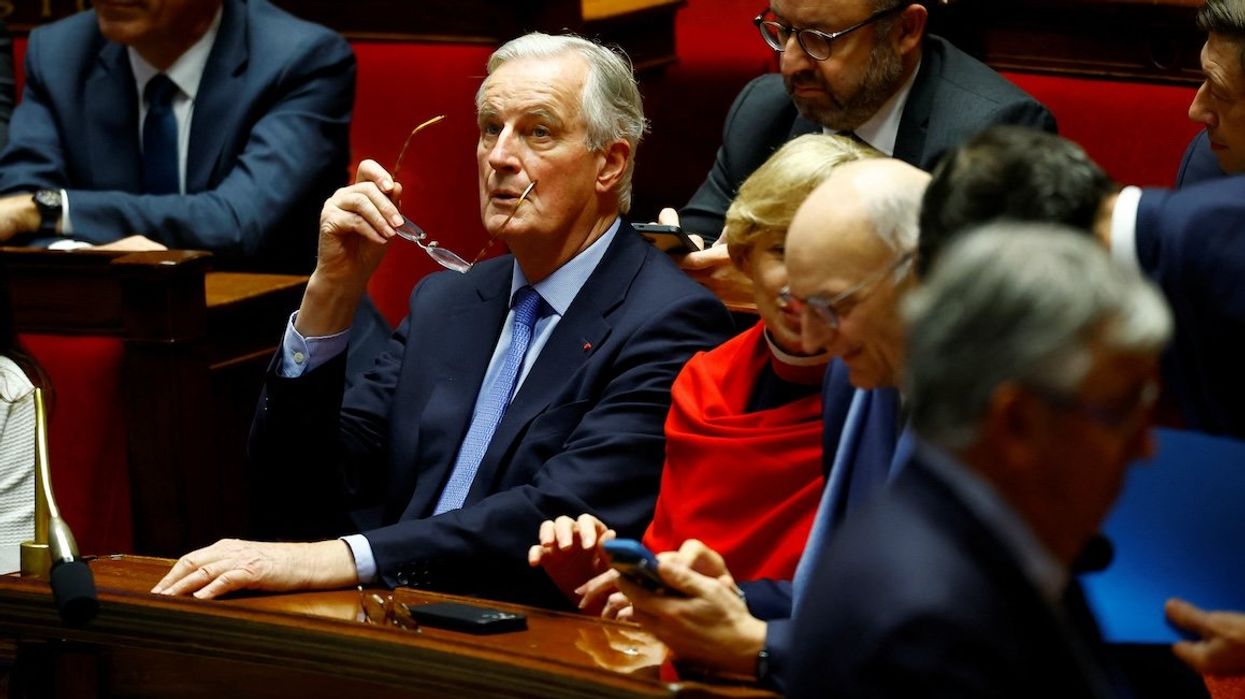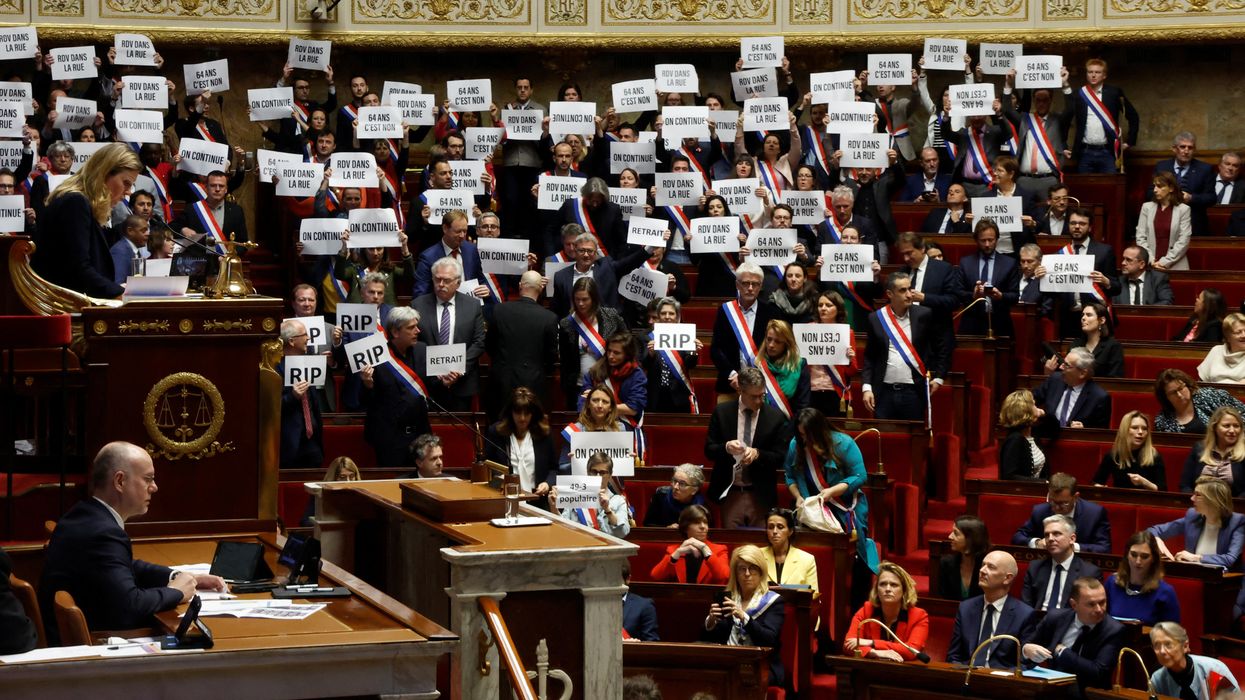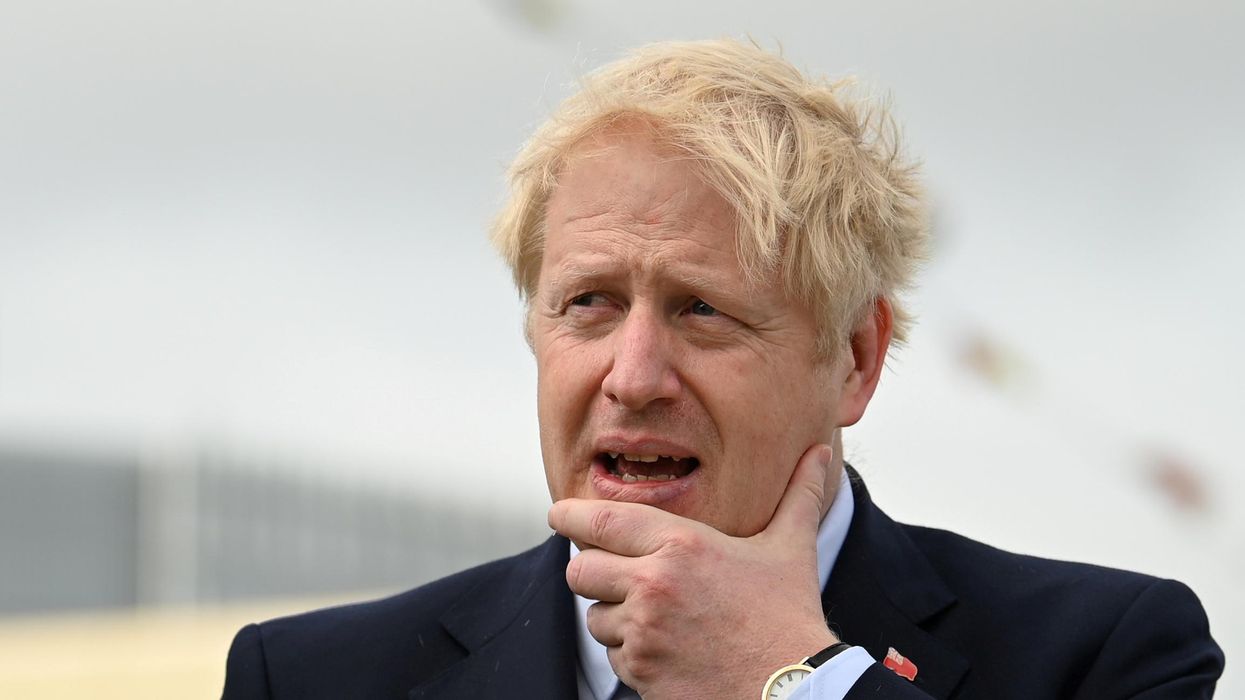What We're Watching
Lawmakers vote to oust French government
For the first time since 1962, the National Assembly, France’s lower (and more powerful) house of parliament, has voted to oust a government. Prime Minister Michel Barnier is out.
Dec 04, 2024



